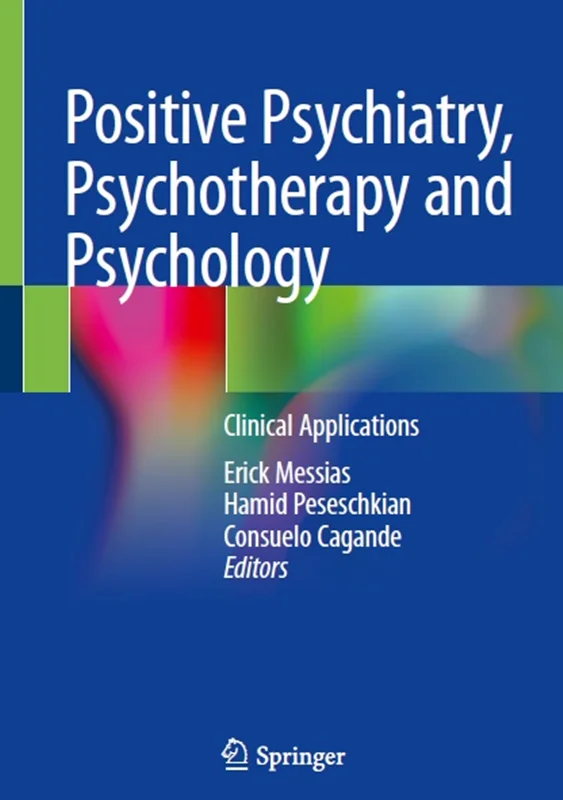Positive Psychiatry, Psychotherapy and Psychology: Clinical Applications
Erick Messias, Hamid Peseschkian, Consuelo Cagande, 3030332659, 3030332632, 978-3030332655, 978-3030332631, B0846FTQDF, 9783030332655, 9783030332631
English | 2020 | PDF | 9 MB | 431 Pages
For hundreds of years, psychology has looked into the dysfunctions and symptoms of the mind. It’s only over the last few decades that the field has started to pay attention to what constitutes a functional and content life. Instead of using disease to understand health, positive psychology studies the components of a good life and helps people not only avoid mental health problems but develop happiness. The work done in positive psychology is now at a point where applications are being developed in positive psychotherapy and extended to those with psychiatric diagnoses in positive psychiatry. While these fields are a recent development they hold the promise of helping all of us live a fulfilled life.
Medicine in general, and psychiatry in particular, suffers from a worldview that is symptom- and deficit-oriented. By adopting a positive approach, psychology, psychotherapy, and psychiatry add a more holistic, integrative, resource oriented, and preventive perspective. There is great urgency in developing resources and potentials in our patients, not only freeing them from their disorders.
Psychiatrists and psychotherapists alike are incorporating these positive tools into their practices with positive clinical outcomes. Standing on the shoulders of pioneers like Nossrat Peseschkian, in positive psychotherapy, and Dilip Jeste, in positive psychiatry, this textbook is the first to bring together these innovations in one volume that will serve as an excellent resource for medical professionals looking to reap the benefits gained by the studies in these areas.Currently, the majority of texts that are available are targeting psychologists and researchers, whereas this book seeks to use positive psychology as the foundation on which the clinical applications are built.
As such, this book will be of interest to psychiatrists, psychologists, social workers, and other mental health professionals. It may be used in educating a new generation of mental health professionals in these tenets that are expanding the reach of psychology, the practice of psychotherapy, and the scope of psychiatry.

